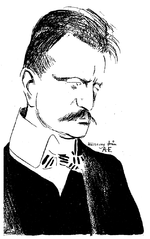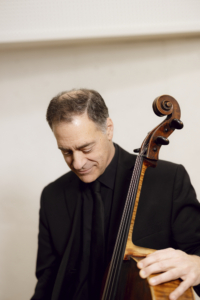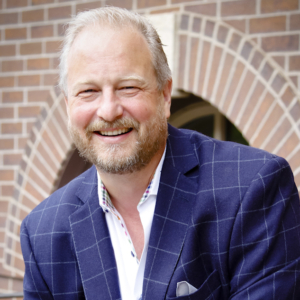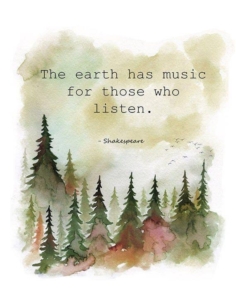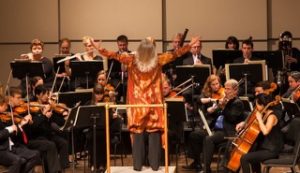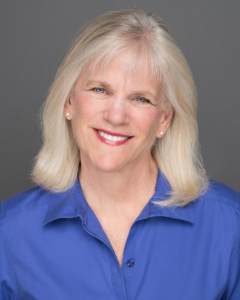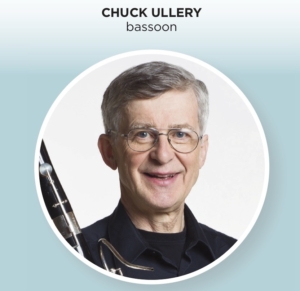Dark and Light
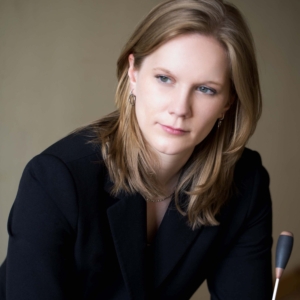 Hannah Schendel, Music Director
Hannah Schendel, Music Director
April 12, 2024
Please join the Wayzata Symphony Orchestra for “Dark and Light,” our final concert of the 2023-24 season!
One of the first concepts a painter, photographer, or sculptor must learn is how to use light, and the absence of light, to create their desired artwork. Similarly, composers learn how to create the illusion of such images using sound as their medium. Each piece on our program explores the contrasts between light and dark.
In 1903, Carl Nielsen’s wife Anne Marie, a sculptor, received a grant to study ancient Greek art in Athens. While Anne Marie spent much of her time in the Acropolis, Carl studied archaeology and composed. Inspired by the intensity of the scorching Athens sun, Helios Overture paints the image of the sun rising and falling in an arc over the Aegean Sea, emerging from and sinking back into darkness.
Tone Poem, by Chen Yi, was inspired by two poems by Sy Dong-po about southern Chinese landscape paintings. Through this sonic landscape, Chen, conveys images of sunlight, dark rain clouds, sparkling waves, and a sudden and forceful gale.
Jean Sibelius’ Symphony No. 2 is sometimes subtitled as “Confession of the Soul.” As we are carried through the symphony we see flickers of contrasting images, each serving to illuminate one another. Images of a frozen Finnish tundra contrast with warm country sides, encounters with Death oppose moments of intense hope, frenetic energy is juxtaposed with plaintive and tender melody. The final movement harnesses these opposing forces and unites their energy in one of the most glorious symphonic melodies.
As I reflect back on my first season as Music Director, I am inspired by the joy, commitment, and camaraderie shared by the WSO musicians. As we look to the future, we look forward to exciting concerts, new collaborations, and opportunities to expand our impact within the Twin Cities community.
I would like to extend a sincere thank you to all of our donors, volunteers, and audience members. Your impact is vital for the success and mission of this organization. Thank you!
We cannot wait to see you next season!

